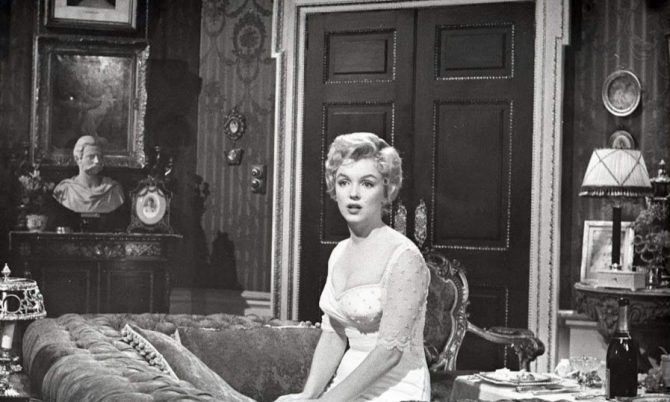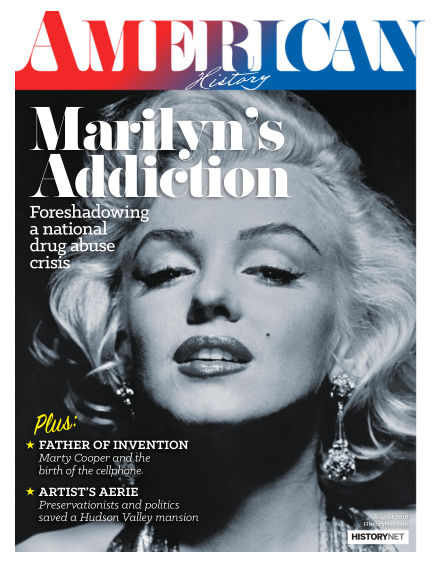
In a second extract from Charles Jerry Juroe’s memoir, Bond, the Beatles and My Year With Marilyn (read the first here), the veteran movie publicist recalls the rival factions on the set of The Prince and the Showgirl, and a narrowly averted tragedy.
“Between [Arthur] Miller, one of the most difficult people I’ve ever encountered, and Paula Strasberg, wife of Actors Studio guru Lee Strasberg and the lady I called the ‘Wicked Witch of the East’, I very quickly found myself the one American from the Monroe camp who was on the side of [Laurence] Olivier. Believe it or not, some of the Monroe camp put the seed in her mind that Olivier was out to destroy her career.
This greatest English-speaking actor and superb prize-winning director was, after all was said and done, in her company’s employ, but Marilyn’s paranoia and persecution complex knew no bounds. She and her close entourage (led by Strasberg) made his life hell on and off the set, and this lovely man was brought to his knees by this psychologically challenged, most famous woman in the world.
One night during production, at about 3 in the morning, my London phone rang. I sleepily answered to hear the urgency in Milton Greene’s voice … Some fifteen minutes later, we were in Milton’s car, driving westward toward TROUBLE! Arthur Miller had called Milton to say he had called an ambulance to take a comatose Marilyn to a local medical facility. We arrived to find that ‘Miss Baker’ had already been pumped out and was recovering in a private room. Our star was on call for filming at Pinewood in a few hours’ time, and it was obvious she wouldn’t just be late, she wouldn’t be there at all.
However, on that ‘star-crossed production, what was another hundred thousand dollars or so to a cost sheet already way over budget.
From my standpoint, that eventful night was not all bad, as not one single word of it ever appeared in the media. No typical London tabloid banners screamed ‘Marilyn in Death Dash’ etc., ad nauseam. Those British medical practitioners of the fifties respected the privacy of those they were attending. However, if Milton passed around a few well-placed ‘tips’, they never knew and didn’t want to!
It was, however, an exhausting few hours, and the title of The Beatles’ song/film of a few years in the future perfectly captured what for me had truly been ‘a hard day’s night.'”
